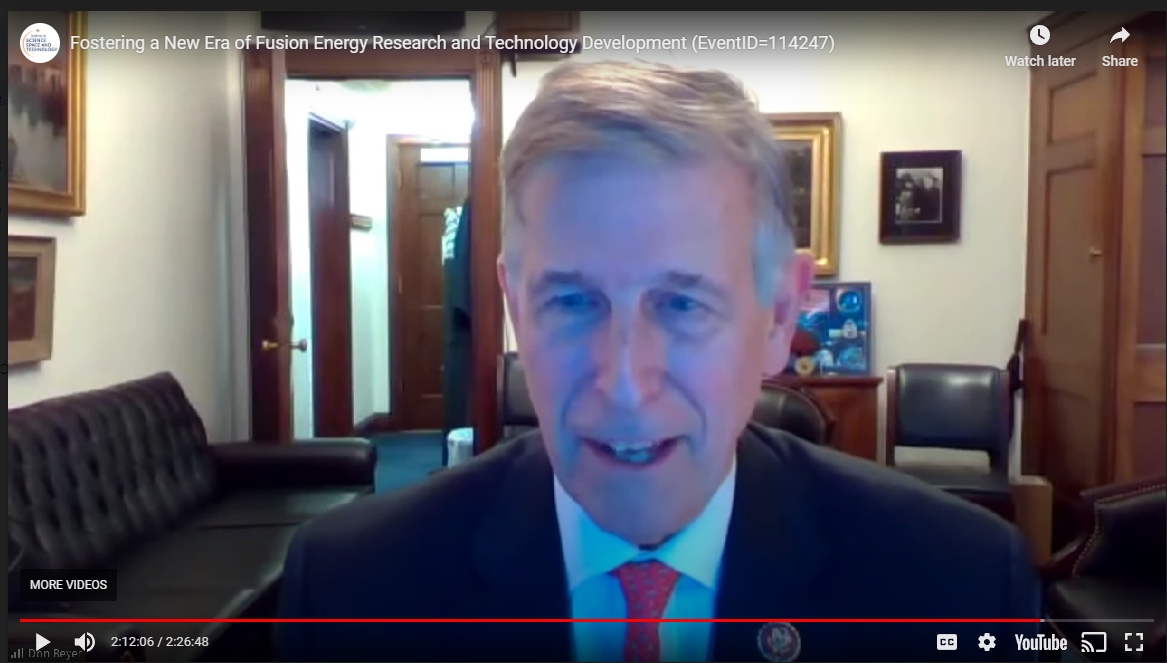
*”Some would have us believe that ‘global warming’, or now as it is called ‘climate change’ is our biggest threat to humanity.”
That’s just silliness; as NASA explains, “global warming became the dominant popular term in June 1988, when NASA scientist James E. Hansen had testified to Congress about climate, specifically referring to global warming….Hansen’s testimony was very widely reported in popular and business media, and after that popular use of the term global warming exploded.” The thing is, though, “temperature change itself isn’t the most severe effect of changing climate,” and for this reason, “‘global climate change’ is the more scientifically accurate term.” That’s not so hard to undrestand, now is it Mr. Shutt?
*”…global warming is way down on the list of serious threats to the health of our planet and all its inhabitants.”
This is dead wrong. In fact, according to a report by doctors and climatologists published by The Lancet, climate change represents “the biggest global health threat of the 21st century.” Among other things, “The doctors and researchers listed shortages of water and food, along with war and ecological collapse, as the most pressing health threats posed by climate change.” As if that’s not bad enough, climate change is also viewed as a serious national security threat to the United States. As if all that’s not bad enough, there’s also the fact that “approximately 20-30% of species assessed so far are likely to be at increased risk of extinction if increases in global average warming exceed 1.5-2.5 °C (relative to 1980-1999).” In short, we’re talking mass extinction due to climate change. If all that doesn’t make you nervous, then you’re simply not paying attention. Hello, Topper Shutt? Are you paying attention? 🙂
*”…solar and wind power are great but right now and in the near future will not be able to make much of a dent in our foreign oil addiction.” Yes, in the “near future” – 5 years or whatever – that’s true (although solar and wind are improving by leaps and bounds technologically). But, if we get serious about dealing with our energy and environmental challenges, we can certainly move within 15-20 years to a vehicle fleet that’s powered by wind, solar, and other non-carbon-emitting power sources. Instead of talking about what we supposedly can’t do, how about talking about what we CAN do if we put our minds and talents to the job?!?
OK, so those are really egregious errors, and I think it’s important for the reality-based community to set the record straight. Fortunately, Topper Shutt does get a bunch of things right, even if – once again – they have absolutely nothing to do with his area of expertise, meteorology (e.g., short-term weather forecasting). For instance:
*”[Tom] Friedman puts me in a panic about the population explosion in the next thirty to fifty years… It’s difficult to imagine the stress this number of people will place on oil, minerals, timber, food and clean water.”
Absolutely, no doubt about it. And that includes per capita and total human emissions of greenhouse gases.
*”…the export of our way of life and the eventual end to resources we have taken for granted for hundreds and even thousands of years” represents a huge threat to the world.
Again, absolutely true. And again, that includes export of our profligate carbon-based energy consumption, and therefore our profligate emission of greenhouse gases and contribution to climate change.
*”If we export our rate of consumption and life style to the rest of the world many of our life sustaining life resources will simply run out.” Ditto.
*”…every single material used for packaging and shipping most either be biodegradable or recyclable, preferably both.”
Correct. We need to move away from the throwaway society, and from an overall assumption that resources are limitless and that the planet’s environment can absorb every insult to it. And yes, that includes the spewing of billions of tons per year of greenhouse gases into the atmosphere.
*”We need to build and make homes and buildings more energy efficient. It is easier to save energy than to produce more energy.”
100% correct; as I’ve argued a bazillion times, energy efficiency is by far and away the lowest of the “low-hanging fruits,” the “biggest bang for the buck,” or any other cliche you want to think about. From a climate change perspective, the energy you never consume at all is infinitely better than the fossil fuels you burn to power your cars, homes, etc.
Anyway, the bottom line is that Topper Shutt is a fine short-term weather forecaster. He is not, however, a climate scientist or energy expert, as demonstrated by the two blog posts referenced above. In the future, I hope that Shutt will stick to telling us whether it’s going to rain or snow/be hot or cold tomorrow, as opposed to venturing into topics best left to people who actually have studied, researched, and worked for years in those areas.
P.S. Oh, by the way, just a personal note to Topper Shutt from a fellow blogger: welcome to social media, where people point out when you say wrong stuff. In short, welcome to my world! 🙂
P.P.S. Shutt might also want to talk to his fellow meteorologist Bob Ryan, who seems significantly better informed about climate change than Topper does.



 Sign up for the Blue Virginia weekly newsletter
Sign up for the Blue Virginia weekly newsletter






![Audio: In Town Hall, Rep. Bobby Scott (D-VA03) Asks If Trump Might Refuse to “relinquish power,” “cancel the [2028] election”; Wonders If There are 5 SCOTUS Justices Who “have the backbone to rule that we have a democracy and we’re not giving it away”](https://bluevirginia.us/wp-content/uploads/2025/02/bobbyscott0220-100x75.jpg)
